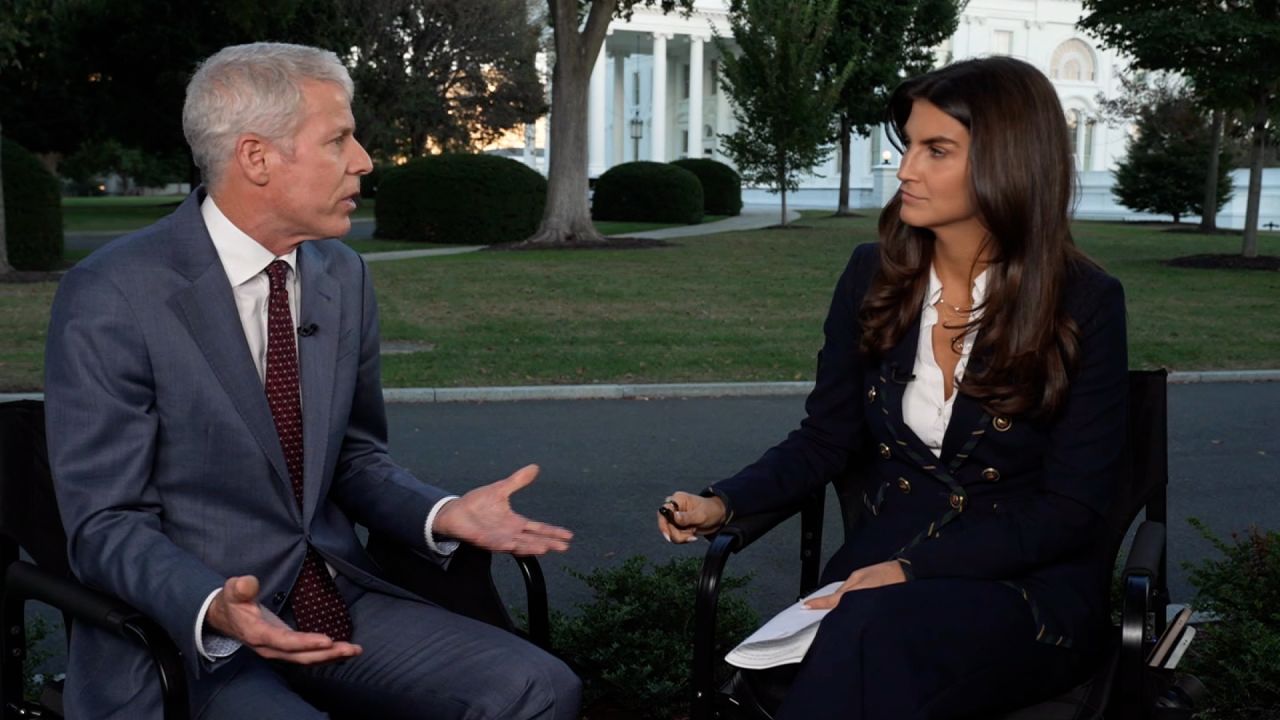URGENT UPDATE: In a surprising turn of events, Energy Secretary Chris Wright has publicly contradicted the White House’s explanation for the recent cuts to energy funding. Just yesterday, the White House Budget Director announced a staggering $3 billion reduction in energy projects, coinciding with the onset of the government shutdown.
In a statement released earlier today, October 2, 2023, Wright asserted that the funding cuts are not linked to the shutdown, contradicting the administration’s narrative. This development raises serious questions about the administration’s financial priorities and transparency during this critical time.
The White House’s announcement came as lawmakers grappled with the implications of the shutdown that began at midnight on October 1. With the energy sector significantly impacted, the unexpected remarks from Wright may heighten tensions between the Energy Department and the White House.
WHY IT MATTERS: The energy sector plays a crucial role in the U.S. economy, affecting everything from job creation to energy independence. The abrupt cuts could potentially stall vital projects aimed at enhancing renewable energy sources and addressing climate change.
Wright emphasized that the decision-making process behind the cuts was ongoing, suggesting that further adjustments could be made. “These choices are based on strategic evaluations, not merely a reaction to the shutdown,” he stated.
This conflict could have lasting implications for energy policy, as lawmakers are now scrutinizing the administration’s approach to funding amid the shutdown. Expect heightened debates in Congress as officials seek clarity on the future of energy funding and its alignment with national interests.
WHAT’S NEXT: As this story unfolds, keep an eye on congressional responses and possible legislative actions that may emerge in reaction to these funding cuts. The situation remains fluid, and further developments are anticipated in the coming days.
Stay tuned for updates as this urgent situation evolves, highlighting the critical intersection between government operations and energy policy in the United States.







































































